Sustainability Awareness
Sustainability has emerged as a crucial consideration for consumers in the formal shoes market. In South Korea, there is a growing awareness of environmental issues, leading to increased demand for eco-friendly products. As of November 2025, approximately 30% of consumers express a preference for sustainable footwear options. This trend is prompting brands to explore sustainable materials and ethical production practices. The formal shoes market is likely to see a rise in offerings that emphasize sustainability, as companies strive to align with consumer values. Brands that successfully communicate their commitment to sustainability may gain a competitive edge in this evolving market.
Growing E-commerce Adoption
The formal shoes market is witnessing a shift towards online shopping, driven by the increasing adoption of e-commerce platforms in South Korea. As of November 2025, online retail sales are projected to account for approximately 25% of total retail sales in the country. This trend is particularly relevant for the formal shoes market, as consumers appreciate the convenience of browsing and purchasing footwear from home. E-commerce platforms often provide a wider selection of styles and sizes, catering to diverse consumer preferences. The formal shoes market must leverage this trend by enhancing online shopping experiences, including virtual fitting tools and easy return policies, to attract and retain customers.
Influence of Fashion Trends
Fashion trends play a pivotal role in shaping consumer preferences within the formal shoes market. In South Korea, the influence of K-pop and celebrity endorsements significantly impacts purchasing decisions. As of 2025, it is estimated that the fashion industry contributes around 3.5% to the national GDP, highlighting its importance. Consumers are increasingly inclined to invest in formal shoes that reflect current styles and trends, which may include unique designs, colors, and materials. The formal shoes market must adapt to these evolving trends to remain competitive. Retailers that successfully align their offerings with popular fashion trends are likely to see increased sales and customer loyalty.
Rising Corporate Employment
The formal shoes market in South Korea is experiencing growth due to the increasing number of corporate job opportunities. As the economy continues to expand, more individuals are entering the workforce, leading to a higher demand for formal footwear. In 2025, the employment rate in South Korea is projected to reach approximately 62%, which indicates a robust job market. This rise in employment correlates with a growing need for professional attire, including formal shoes. Companies often enforce dress codes that necessitate formal footwear, thereby driving sales in this segment. The formal shoes market is likely to benefit from this trend, as new employees seek stylish yet professional options to enhance their workplace image.
Focus on Comfort and Functionality
In recent years, there has been a noticeable shift in consumer preferences towards comfort and functionality in the formal shoes market. South Korean consumers are increasingly seeking footwear that not only meets professional standards but also provides comfort for all-day wear. This trend is reflected in the growing popularity of ergonomic designs and materials that enhance comfort. As of 2025, it is estimated that around 40% of consumers prioritize comfort when selecting formal shoes. The formal shoes market must respond to this demand by incorporating innovative materials and designs that cater to the need for both style and comfort, thereby appealing to a broader audience.


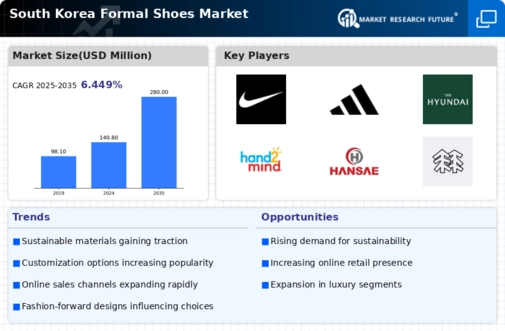

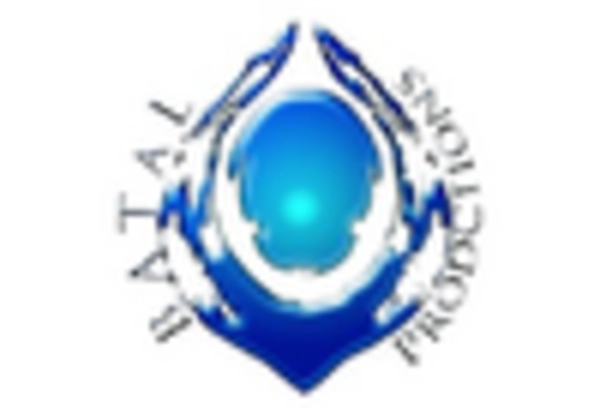
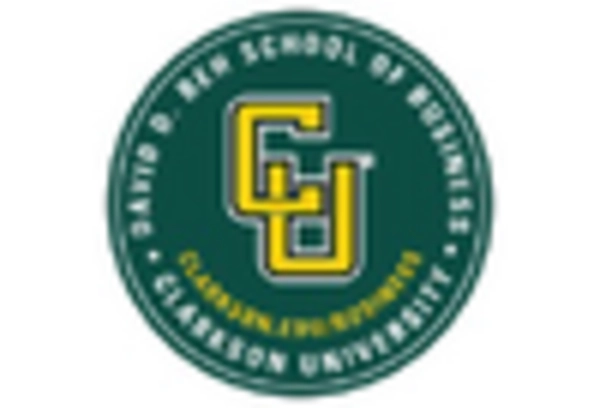
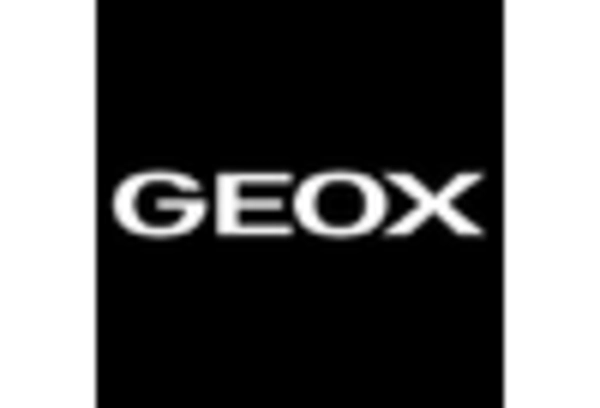
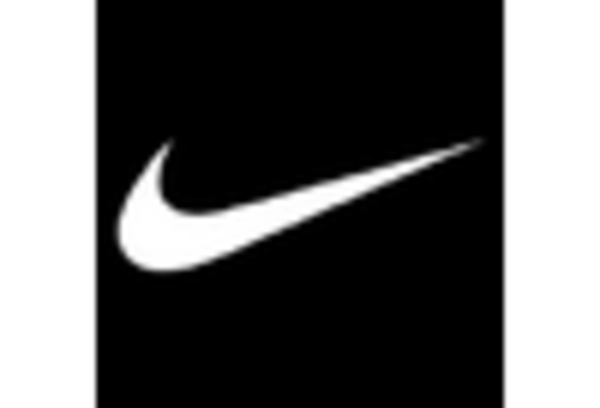
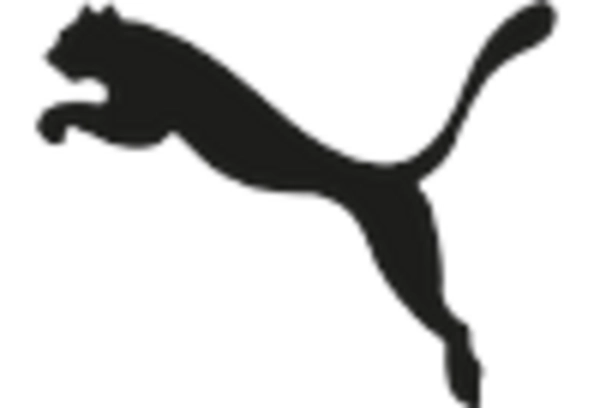








Leave a Comment